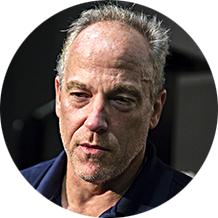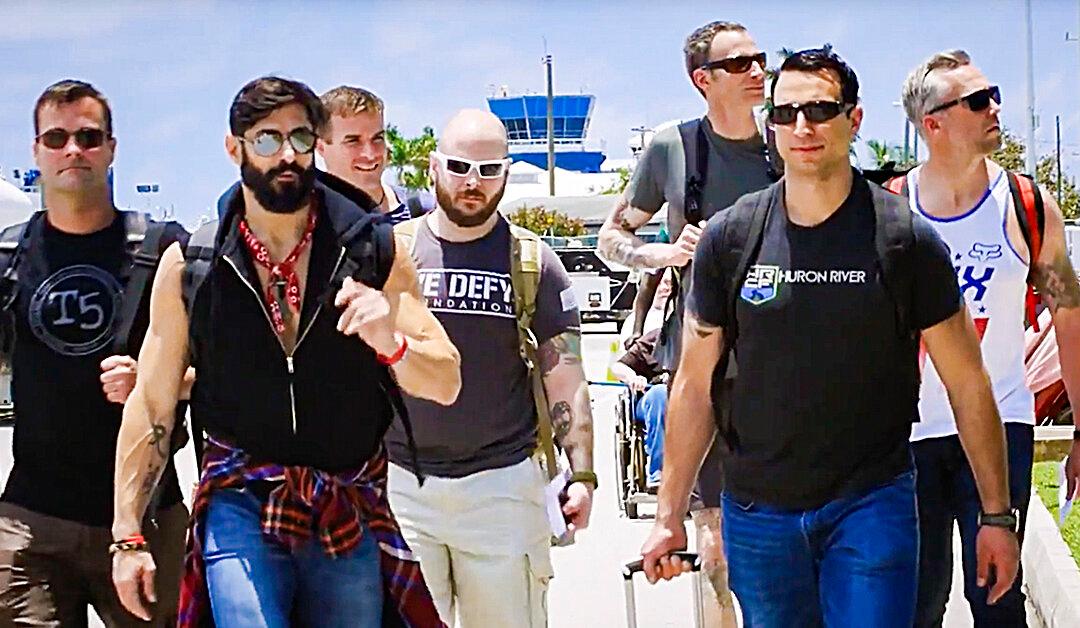NEW YORK—A human with a purpose is a beautiful thing. A group of highly trained combat veterans with a mission is truly astounding.
Enter Force Blue, a nonprofit that brings together ex-Marines and special operations veterans to help save the oceans from environmental destruction.
“Basically what we’re doing is we’re taking men and women trained to destroy stuff underwater and re-teaching them instead how to preserve it, and through the process, perhaps restore themselves as well,” said co-founder and executive director Jim Ritterhoff, in a video.

JIM RITTERHOFF, CO-FOUNDER AND EXECUTIVE DIRECTOR OF FORCE BLUE





